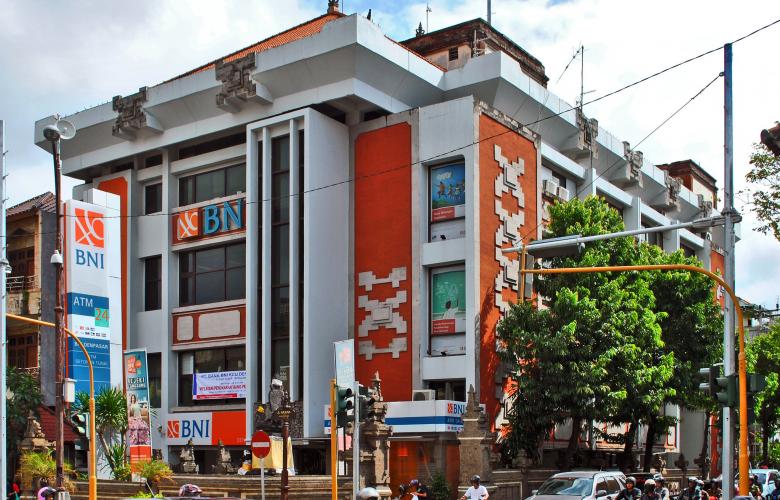Secretary-General of REI, Paulus Totok Lusida argues that when tax is still high it reduces consumer purchasing power. "Tax facilities are needed to make it easier for end users to buy," he said.
To encourage more people to take out mortgages and home loans, stronger rules and consistency are needed governing tax relief.
Terje Nilsen, Principal of Harcourts Seven Stones agrees that greater consistency is needed but he doesn't believe taxes are too high compared to other places. "Maybe the tax office should consider implementing taxes in stages to give people time to adjust to the change in mindset and the fact Indonesia is simply 'normalizing' to global practices."
One possible solution said Lusida was for banks, developers and the government to work together more. Neil Power, Owner of Xclusive Property told WILLIAMS MEDIA that he would "like to see developers offering better subsidies or interest rates on their developments as they do in other countries."
A recent initiative from Bank Indonesia (BI) was to issue a Loan to Value (LTV) policy for home loans, which gives banks the freedom to determine the amount of mortgage downpayment they issue in an attempt boost property purchasing power, especially among millennials.
Republika recently reported, however, that Bank Tabungan Negara (BTN) were planning to raise the interest on Home Loans (KPR) as a short-term response to protect a weak Rupiah against the US Dollar. Executive Vice President of Non-Subsidized Mortgage and Consumer Lending Division, Suryanti Agustinar suggested at times like this, despite the increase consumers should use the opportunity to take a mortgage because right now the interest is still in single digits.
Paul Sutaryono, a noted Banking Observer and former Assistant Vice President of Bank Negara Indonesia (BNI), has a different opinion. He believes the slowdown in non-subsidized mortgages is because of an increase in house prices. Nilsen suggests this is down to 'market rules,' admitting that property prices in Bali may have risen too fast and "an adjustment to a realistic market takes time."
Director of BI's Macroprudential Policy, Linda Maulidina who, according to Okezone said the property sector has a very important role to play in the country's economic growth and because of that "it [the property sector] needs to boost so that it can consistently be a driving force for the national economy."
The keyword here is consistency and as REI's Lusida suggests, greater cooperation between banks, developers and the government. The current inconsistency does little to encourage investment.
Echoing Lusida's thoughts, Patrick Clancy of We-Sell-4U Property Group asserts, "consistency in house pricing practices, has been largely absent from the market, particularly in Bali. Consumer confidence will get stronger when the market is confident the price they pay is fair market value rather than just the best price they can negotiate. And that, in turn, will translate into more activity in the mortgage sector."
Sources: Kontan, Republika, Okezone, Tri Nusantara
Similar to this:
Changing business models: a shift in Indonesia's property market
Bali's Bank Mandiri targets IDR 1 trillion in housing loans in 2018
Capital Markets in Bali show a positive trend






